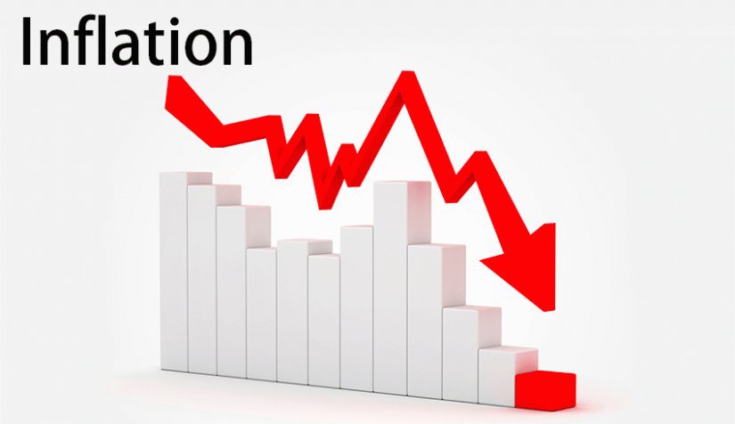Ghana’s inflation is expected to nose dive to 11.5% on average in 2025, the International Monetary Fund has revealed in its Regional Economic Outlook for Sub-Saharan Africa.
This is against an average inflation of 22.3% in 2023.
The Fund also projected a Gross Domestic Product (GDP) growth of 4.4% in 2025, as against 2.8% in 2023. This indicates that there will be an increase in aggregate demand and supply in the economy next year.
According to the Fund, headline inflation in sub-Saharan Africa has been declining since reaching its peak in November 2022, with the situation varying across countries.
“Even among countries with a marked decline in inflation, only a select few have reduced policy interest rates over the past 12 months (Botswana, Ghana, and Mozambique). The majority have opted to continue tightening or maintain elevated policy rates, even after inflation has passed its peak”, it stated.
It added “This cautious stance in monetary policy stems from two key factors. First, median core inflation only recently approached the levels seen before the pandemic. Second, sub-Saharan African countries started their monetary tightening cycles later than other Emerging Markets and Developing Economies (EMDEs), leaving them to play catch-up while many EMDEs have started easing since the second half of 2023”.
Nonetheless, it pointed out that the signs are growing that more countries in the region could soon have more space to lower interest rates. This is demonstrated by monetary policy rates in real terms becoming increasingly positive across the region.
The IMF however not that the monetary policy should remain focused on ensuring price stability.
Fitch Solutions projects 19.0% average inflation for Ghana in 2024
Fitch Solutions projected an average inflation of 19.0% for Ghana in 2024.
According to the London-based firm, the lower inflation will alleviate pressure on household finances and boost the purchasing power of consumers.
A Senior Country Risk Analyst at Fitch Solutions, Mike Kruiniger said though the March 2024 inflation showed an uptick, this can be primarily attributed to base-side effects and expects inflation to resume a downward trend in the coming months.
“So lower inflation will alleviate pressure on household finances and increase the purchasing power that will spur economic growth”.
Latest Stories
-
I want to focus more on my education – Chidimma Adetshina quits pageantry
2 hours -
Priest replaced after Sabrina Carpenter shoots music video in his church
2 hours -
Duct-taped banana artwork sells for $6.2m in NYC
3 hours -
Arrest warrants issued for Netanyahu, Gallant and Hamas commander over alleged war crimes
3 hours -
Actors Jonathan Majors and Meagan Good are engaged
3 hours -
Expired rice saga: A ‘best before date’ can be extended – Food and Agriculture Engineer
3 hours -
Why I rejected Range Rover gift from a man – Tiwa Savage
3 hours -
KNUST Engineering College honours Telecel Ghana CEO at Alumni Excellence Awards
3 hours -
Postecoglou backs Bentancur appeal after ‘mistake’
4 hours -
#Manifesto debate: NDC to enact and pass National Climate Law – Prof Klutse
4 hours -
‘Everything a manager could wish for’ – Guardiola signs new deal
4 hours -
TEWU suspends strike after NLC directive, urges swift resolution of grievances
4 hours -
Netflix debuts Grain Media’s explosive film
5 hours -
‘Expired’ rice scandal: FDA is complicit; top officials must be fired – Ablakwa
5 hours -
#TheManifestoDebate: We’ll provide potable water, expand water distribution network – NDC
5 hours

